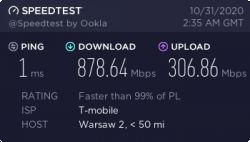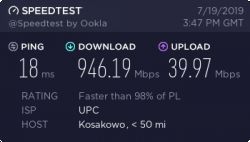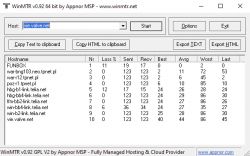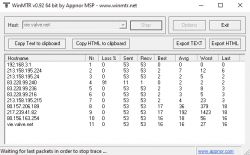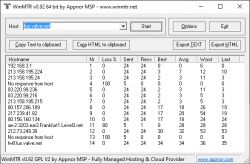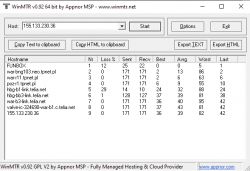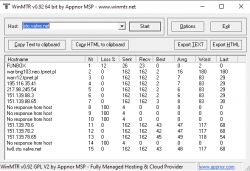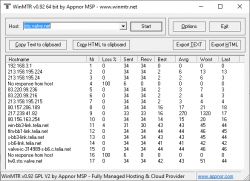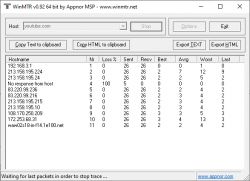Hello,
I have a problem with the internet in my apartment. At the moment, the operator is UPC. However, the problem is not the operator, but the cable that is damaged somewhere on the way to my apartment. The internet is unstable and sometimes it disappears somewhere for days. In any case, according to the technicians, somewhere along the way someone connected the cables and bricked up the connector. Nobody is able to locate the fault now.
In any case, I have permission to lay the new cable along the common corridor and I had some doubts. Maybe specialists will advise me what to do.
The cable can be put by T-Mobile (they work on Orange cables) and it will be optical fiber.
The cable can also be placed by UPC, but they do not agree with only coaxial optical fiber. According to them, the optical fiber is too fragile and susceptible to damage and they can lay the coaxial cable and let the "fiber-optic internet" go through it.
And questions:
1. Is it really a bad idea to install the optical fiber directly from the box to my apartment? Is it actually sensitive to such installations? It seemed to me that it was even better if I had an optical fiber directly connected to the apartment from the box, and not the so-called "fiber internet" over coaxial cable?
2. I have read opinions on Orange fiber optics and the opinions are average from what I see. It should be fast, etc., and here I read: large pings, YouTube buffers for a long time, Netflix works only after restarting the modem ... Well, I would not want that. Even with my old damaged cable, I don't have such things (if it works). It would be T-Mobile for me, but it's basically the same as Orange.
3. Better to install a coaxial cable and stick to UPC, or a fiber optic cable from T-Mobile and take fiber-optic internet from them?
Thanks in advance for the information and advice.
I have a problem with the internet in my apartment. At the moment, the operator is UPC. However, the problem is not the operator, but the cable that is damaged somewhere on the way to my apartment. The internet is unstable and sometimes it disappears somewhere for days. In any case, according to the technicians, somewhere along the way someone connected the cables and bricked up the connector. Nobody is able to locate the fault now.
In any case, I have permission to lay the new cable along the common corridor and I had some doubts. Maybe specialists will advise me what to do.
The cable can be put by T-Mobile (they work on Orange cables) and it will be optical fiber.
The cable can also be placed by UPC, but they do not agree with only coaxial optical fiber. According to them, the optical fiber is too fragile and susceptible to damage and they can lay the coaxial cable and let the "fiber-optic internet" go through it.
And questions:
1. Is it really a bad idea to install the optical fiber directly from the box to my apartment? Is it actually sensitive to such installations? It seemed to me that it was even better if I had an optical fiber directly connected to the apartment from the box, and not the so-called "fiber internet" over coaxial cable?
2. I have read opinions on Orange fiber optics and the opinions are average from what I see. It should be fast, etc., and here I read: large pings, YouTube buffers for a long time, Netflix works only after restarting the modem ... Well, I would not want that. Even with my old damaged cable, I don't have such things (if it works). It would be T-Mobile for me, but it's basically the same as Orange.
3. Better to install a coaxial cable and stick to UPC, or a fiber optic cable from T-Mobile and take fiber-optic internet from them?
Thanks in advance for the information and advice.



